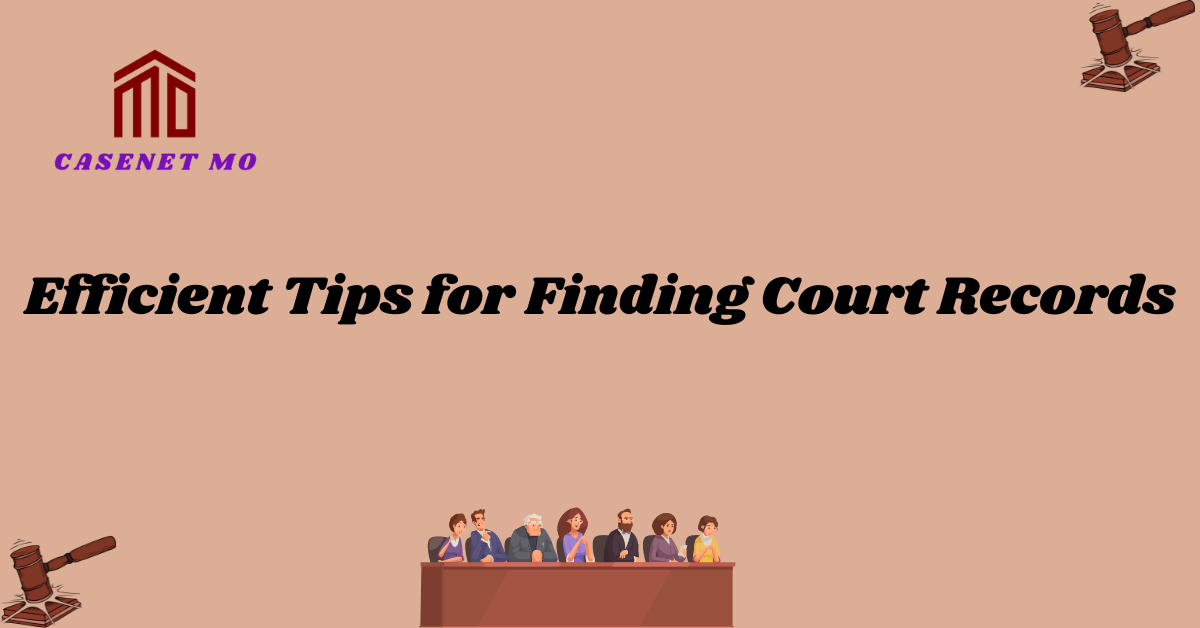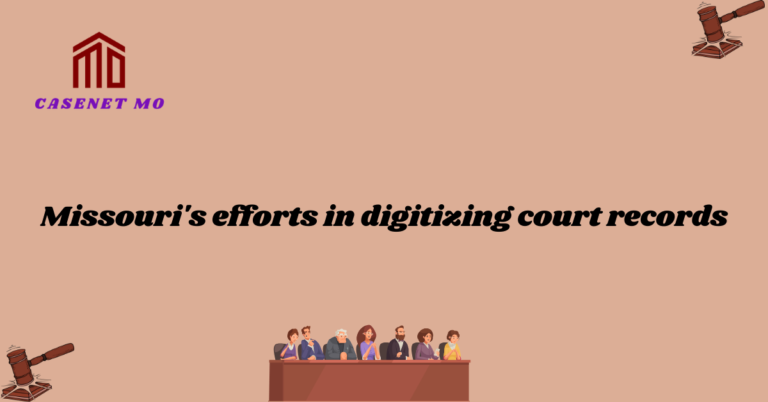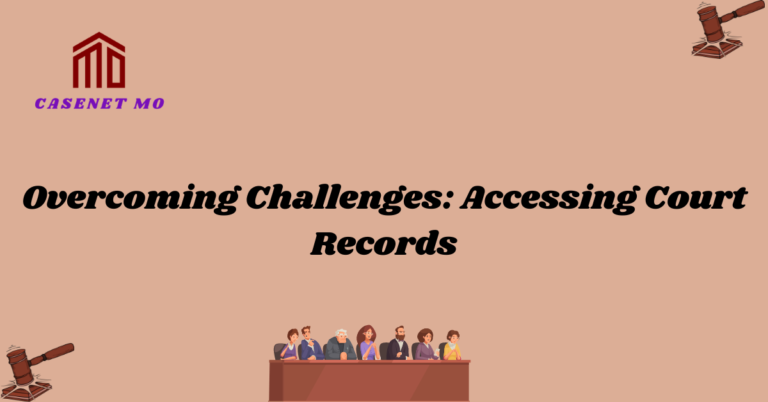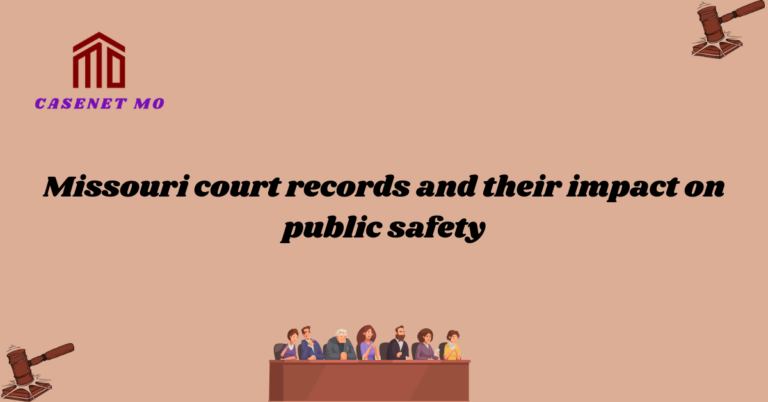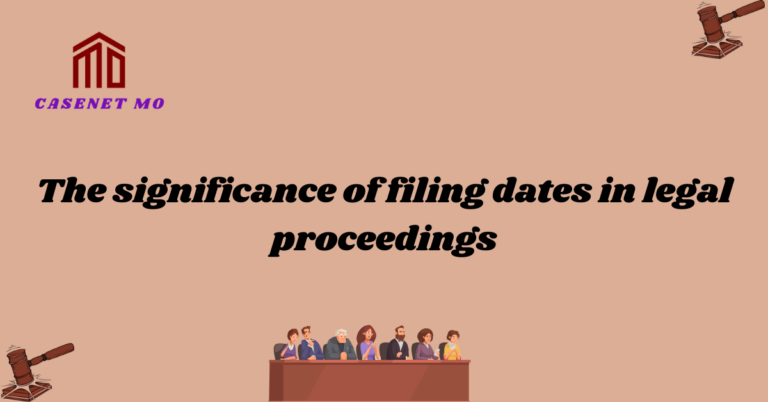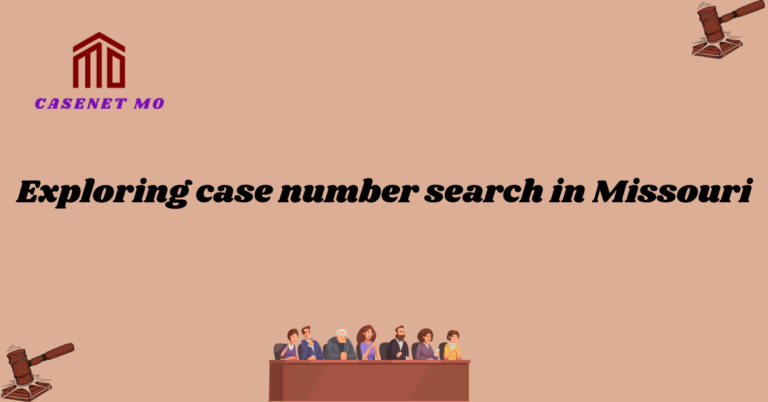Efficient Tips for Finding Court Records
Are you in need of court records but unsure of where to start? Look no further! In this informative guide, we will provide you with efficient tips on finding court records. Whether you are a legal professional or an individual seeking information for personal reasons, these tips will help you navigate the process smoothly.
One of the first steps in finding court records is to determine the jurisdiction you need to search. Court records are typically organized by county or district, so it’s essential to know which court system you should focus on. Once you have identified the relevant jurisdiction, you can begin your search for court records.
Understanding Court Records
Are you in need of court records but unsure of where to start? Look no further! In this informative guide, we will provide you with efficient tips on finding court records. Whether you are a legal professional or an individual seeking information for personal reasons, these tips will help you navigate the process smoothly.
Determining the Relevant Jurisdiction
One of the first steps in finding court records is to determine the jurisdiction you need to search. Court records are typically organized by county or district, so it’s essential to know which court system you should focus on. Once you have identified the relevant jurisdiction, you can begin your search for court records.
Research the Court Structure
Before diving into your search for court records, it’s crucial to have a basic understanding of the court structure in the jurisdiction you are targeting. Familiarize yourself with the different levels of courts, such as trial courts, appellate courts, and supreme courts. This knowledge will help you navigate through the various resources available and ensure you are searching in the right place.
Online Resources
In today’s digital age, many court systems provide online access to their records. These online resources can be a valuable tool in your search for court records. Start by visiting the official website of the relevant court system. Look for sections dedicated to public records or online databases. These resources often allow you to search for court records using different search criteria, such as case numbers, party names, or specific keywords.
It’s important to note that not all court systems offer online access to their records, and the available information may vary. In such cases, you may need to explore alternative methods to obtain the records you seek.
Visiting the Courthouse
If online resources are not available or do not provide the desired information, visiting the courthouse in person is the next step. Plan a visit to the courthouse in the jurisdiction where the case was filed. Before your visit, gather all the necessary information about the case, such as case numbers, names of parties involved, and relevant dates. This will help court staff assist you more efficiently.
Upon arrival at the courthouse, locate the clerk’s office or the records department. These are typically the departments responsible for maintaining court records. Approach the staff and explain your request. They will guide you through the process and provide access to the records you need. Keep in mind that some courthouses may have specific visiting hours or appointment requirements, so it’s advisable to call ahead and inquire about any such restrictions.
Additional Resources
While online resources and courthouse visits are the primary methods for accessing court records, several additional resources can assist you in your search.
Public Libraries
Public libraries often have a wealth of resources, including legal publications, databases, and access to public records. Visit your local library and inquire about their collection of court records or legal resources. Librarians can guide you to relevant materials and help you navigate through complex legal jargon.
State Archives
State archives are repositories of historical records, including court records. If you are searching for older court records or require access to historical documents, state archives can be a valuable resource. Check if your state has a dedicated archive or historical society that provides access to court records. Contact them for guidance on accessing the desired records.
Legal Aid Organizations
Legal aid organizations can be a valuable resource, especially if you are seeking court records for legal purposes. These organizations often provide free or low-cost legal assistance and have experience navigating court systems. Reach out to local legal aid organizations and inquire if they can help you access the court records you need.
Private Record Search Services
In some cases, you may choose to utilize private record search services. These services specialize in finding and retrieving court records on behalf of individuals or organizations. While these services can be convenient, they often come at a cost. It’s important to research and choose reputable service providers to ensure the accuracy and reliability of the records obtained.Good luck with your search!
FAQs
What are court records?
Court records are legal documents and records of court proceedings. They include information about criminal cases, civil lawsuits, and other legal matters. These records are created and maintained by the court system and can provide valuable information for legal professionals and individuals.
Why would I need court records?
There are several reasons why you may need court records. For legal professionals, court records are essential for conducting research, preparing cases, and staying updated on legal proceedings. Individuals may need court records for various purposes, such as background checks, genealogy research, or personal legal matters.
How can I find court records?
To find court records, the first step is to determine the jurisdiction you need to search. Court records are typically organized by county or district, so it’s crucial to know which court system you should focus on. Once you have identified the relevant jurisdiction, you can begin your search for court records.
Are court records available online?
In many cases, court records are available online. Most court systems now have websites where you can access court records electronically. These online databases may require registration or payment for access, depending on the jurisdiction. It is advisable to check the specific court website for information on accessing court records online.
Can I request court records in person?
Yes, you can request court records in person by visiting the courthouse or the appropriate court clerk’s office. In-person requests may require filling out a form and providing identification. It’s important to note that some court records may not be immediately available and may require time for retrieval.
What to Include in a Court Record Request?
When requesting court records, you typically need to provide specific information to help the court staff locate the records you need. This information may include the names of the parties involved, the case number, the date of the court proceedings, and any other relevant details. The more specific and accurate the information you provide, the easier it will be to locate the desired court records.
Conclusion
Searching for court records can be a daunting task, but with the right approach and resources, it becomes manageable. By understanding the relevant jurisdiction, utilizing online resources, visiting the courthouse, and exploring additional resources, you can increase your chances of finding the court records you need. Remember to always comply with any legal requirements and respect privacy restrictions when accessing court records.

